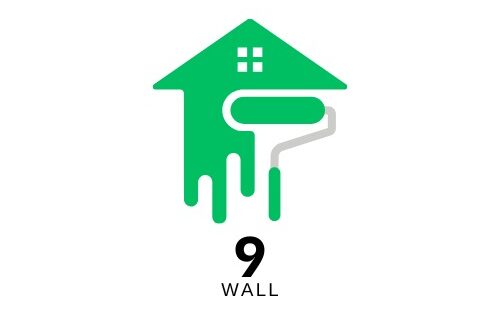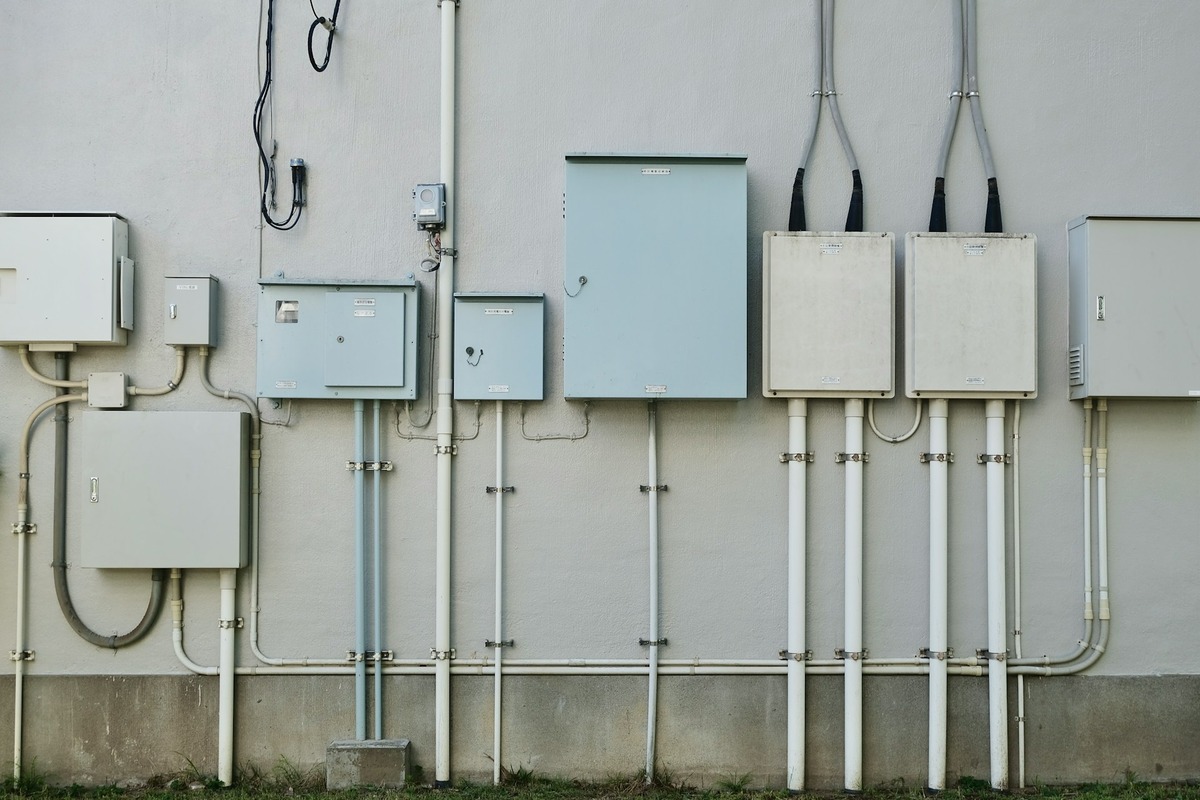Planning for the end of life is never an easy topic to discuss, but it is one of the most important acts of love and responsibility we can take for our families. When a loved one passes away, the emotional weight is already heavy—adding logistical challenges and financial uncertainty only intensifies the stress. That’s where thoughtful, proactive funeral planning comes into play. Services like Home Again USA help ease this burden by providing reliable transport return of mortal or cremated remains across distances.
Whether you are preparing for yourself or assisting a family member, having a clear plan can provide peace of mind, reduce confusion, and ensure your wishes—or theirs—are honored. This guide covers key tips every family should consider when planning a funeral, from legal documentation and cost considerations to transport services and aftercare.
1. Start the Conversation Early
One of the most challenging parts of funeral planning is initiating the conversation. Most families avoid discussing end-of-life preferences until it’s too late, which often results in confusion, stress, and disagreements.
Talking about funeral wishes in advance helps ensure clarity and prevents loved ones from having to make difficult decisions during a time of grief. It also provides an opportunity to express your personal desires regarding burial, cremation, or memorial arrangements.
Important topics to cover include:
-
Preferred burial or cremation method
-
Religious or cultural customs
-
Specific songs, prayers, or readings
-
Desired location for services or interment
-
Budget and payment preferences
Having these conversations early—and documenting the details—can help avoid guesswork later on.
2. Understand the Costs of a Funeral
Funerals in the United States can be expensive. Without preplanning, families may face unexpected bills that quickly add up. According to the National Funeral Directors Association, the median cost of a funeral with viewing and burial is over $9,000, while cremation services average between $5,000 and $7,000.
Typical costs include:
-
Funeral director’s services
-
Embalming and body preparation
-
Casket or cremation urn
-
Hearse and transportation
-
Use of facilities for viewing or service
-
Cemetery plot or cremation niche
-
Headstone or marker
-
Obituary notices and death certificates
By understanding these costs ahead of time, families can shop around for funeral homes, explore package deals, and avoid emotional overspending.
3. Know Your Options for Final Disposition
The term “final disposition” refers to the handling of a person’s remains after death. This is a deeply personal decision often guided by religion, culture, or family tradition. Common choices include:
-
Traditional Burial – Involves embalming, casket, and a burial plot.
-
Cremation – A more flexible and often more affordable option.
-
Green Burial – An environmentally friendly approach using biodegradable materials.
-
Alkaline Hydrolysis – A water-based alternative to cremation (available in some states).
-
Donation to Science – The body is donated to medical research or education.
Each method comes with its own legal, emotional, and logistical considerations. Understanding the pros and cons can help families make the right choice for their circumstances.
4. Consider Funeral Transport Services
Transporting mortal or cremated remains, especially across state or country borders, can be complex and costly. There are strict legal and health regulations to follow, and most families are not equipped to manage these on their own.
This is where services like Home Again USA offer tremendous value. They provide membership plans that ensure the deceased can be transported back home, regardless of where the death occurs—whether it’s during travel, relocation, or long-distance living.
Benefits include:
-
24/7 coordination and assistance
-
Coverage for both domestic and international transportation
-
Reduction of stress and burden on grieving family members
-
Cost-effective solutions compared to paying out-of-pocket
Planning for transportation in advance is especially important for people who travel frequently or live far from their desired final resting place.
5. Organize Legal Documents
After death, several legal and financial processes must be completed—many of which require specific documents. Having these organized and accessible ahead of time can prevent delays and confusion.
Essential documents include:
-
Will or trust
-
Power of attorney and healthcare directives
-
Life insurance policy
-
Birth and marriage certificates
-
Military discharge papers (if applicable)
-
Funeral prepayment contracts
-
List of online accounts and passwords
Store these documents in a secure, fireproof location, and make sure at least one trusted person knows how to access them.
6. Consider Prepaying for Funeral Services
Prepaying for funeral services allows individuals to lock in current prices and relieve their families of future financial obligations. This can be done through:
-
Funeral home pre-need plans
-
Burial insurance or final expense insurance
-
Payable-on-death (POD) bank accounts
-
Trusts set up for funeral expenses
Be sure to research and review all prepayment contracts carefully. Look for policies that are transferable in case you move or change funeral homes.
7. Incorporate Religious and Cultural Traditions
Funerals often reflect a person’s spiritual beliefs, heritage, and family customs. Whether it’s a Christian wake, Jewish shiva, Hindu cremation, or Buddhist chanting ceremony, honoring these traditions provides comfort and meaning for loved ones.
When planning, consider:
-
Preferred clergy or spiritual leader
-
Specific religious rites or symbols
-
Food customs for after-service gatherings
-
Timing and location requirements
Consult with a religious advisor or cultural liaison if you’re unsure how to incorporate traditional elements appropriately.
8. Address Emotional and Mental Health Needs
Grief affects people in different ways. While funeral planning involves many practical tasks, it’s also important to address the emotional toll of loss. Helping loved ones navigate their grief is an essential part of the process.
Support strategies:
-
Create space for storytelling and remembrance
-
Offer professional counseling or grief groups
-
Include children in appropriate ways
-
Be patient—healing takes time
Make sure emotional care doesn’t get overlooked amid the logistics.
9. Personalize the Funeral Experience
A personalized funeral allows families to celebrate a life well lived. Today, many services go beyond traditional formats to include meaningful touches that reflect the deceased’s personality, passions, and legacy.
Personalization ideas:
-
Video montages or photo displays
-
Favorite music or poetry
-
Memorial tables with meaningful objects
-
Guest memory books
-
Planting trees or dedicating a bench in memory
These elements create a lasting impression and help attendees feel more connected to the service.
10. Plan for Post-Funeral Logistics
After the funeral, there are still several important tasks to complete. These include:
-
Obtaining multiple copies of the death certificate
-
Filing for life insurance or survivor benefits
-
Settling estates through probate court
-
Notifying banks, employers, and credit bureaus
-
Closing digital accounts and subscriptions
Having a checklist for post-funeral responsibilities helps families stay organized during a time when emotions can make focus difficult.
Final Thoughts
Funeral planning may be emotionally challenging, but it’s an act of compassion, love, and foresight. By taking time to discuss preferences, organize documents, consider services like homeagainusa.com, and prepare your family for all stages of the process, you create a path toward peace of mind.
Remember, funeral planning isn’t just about preparing for death—it’s about honoring a life, protecting loved ones, and making one of life’s hardest moments a little easier to bear.






